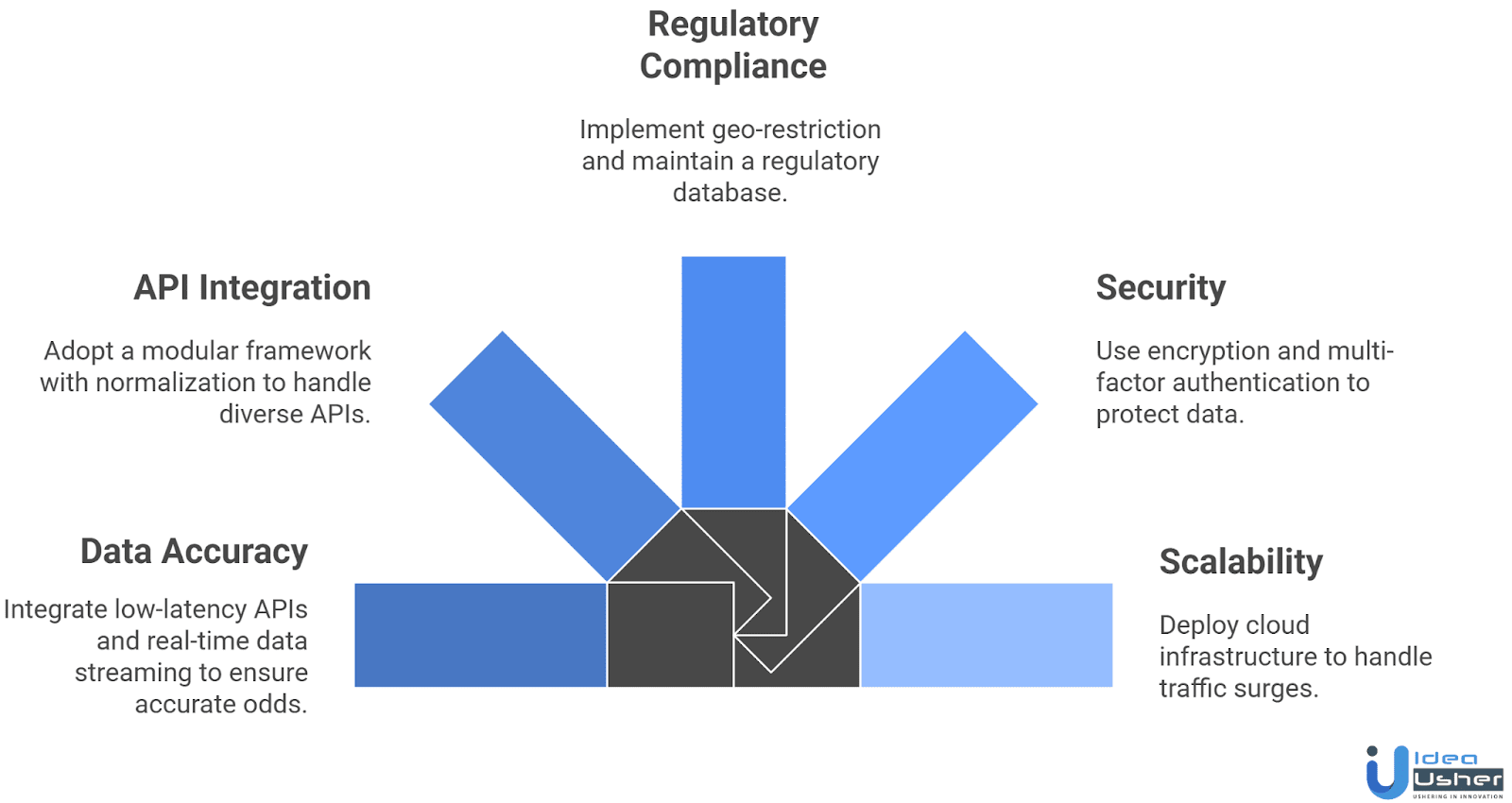Burtowy Insights
Your source for the latest news and insights.
Betting Regulation Frameworks: Where Logic Meets Luck
Explore the intriguing world of betting regulations, where strategy blends with chance. Discover how logic shapes luck – click to learn more!
Understanding the Basics of Betting Regulation Frameworks
Understanding the basics of betting regulation frameworks is essential for anyone looking to navigate the complexities of the gambling industry. These frameworks are designed to provide a structured approach to overseeing betting operations, ensuring fairness, and protecting consumers. They typically involve a combination of national and regional regulations that govern various aspects of betting, including licensing, taxation, and responsible gambling practices. Understanding these regulations is crucial for operators, players, and stakeholders to ensure compliance and foster trust in the betting environment.
One of the key components of a robust betting regulation framework is the implementation of strict licensing procedures. Regulatory bodies evaluate operators based on their financial stability, operational standards, and ethical practices before issuing licenses. This process not only helps to maintain high industry standards but also ensures that players are protected from potential fraud and malpractice. Additionally, ongoing monitoring and enforcement by these bodies play a vital role in maintaining integrity within the betting sector and adapting regulations in response to technological advancements and market changes.

Counter-Strike is a popular multiplayer first-person shooter game that has captivated players worldwide since its release. Developed by Valve Corporation, it pits teams of terrorists against counter-terrorists in various game modes, where strategy and teamwork are crucial. Players can enhance their gaming experience using various promotions, such as the cloudbet promo code, to maximize their rewards while enjoying the intense action.
How Betting Regulations Ensure Fair Play and Player Protection
Betting regulations play a crucial role in maintaining fair play and ensuring player protection within the gambling industry. These regulations are designed to create a transparent environment where players can enjoy their gaming experience without the fear of fraud or manipulation. Regulatory bodies often require operators to adhere to strict licensing requirements, which include regular audits and compliance checks. This not only helps to uphold the integrity of betting activities but also fosters trust among users, encouraging them to participate with confidence.
Additionally, regulations often mandate that operators implement responsible gambling measures to protect vulnerable players. This includes providing access to self-exclusion tools, setting betting limits, and offering educational resources about the risks of gambling. Such initiatives aim to prevent gambling addiction and promote a safer gaming atmosphere. By enforcing these standards, regulatory authorities ensure that both fair play and player protection are at the forefront of the betting experience, ultimately benefiting both the players and the industry as a whole.
What Role Do Regulatory Bodies Play in the Gambling Industry?
Regulatory bodies are pivotal in the gambling industry, ensuring that operations adhere to established laws and ethical standards. These entities are responsible for licensing operators, which includes thorough checks on their financial stability and game fairness. By enforcing strict regulations, they aim to protect consumers from fraud and exploitation, creating a safe environment for players. Additionally, these bodies often conduct regular audits and inspections to ensure compliance, thus maintaining the integrity of the gambling sector.
Another significant role of regulatory bodies is to promote responsible gambling. This is achieved through initiatives that educate players about the risks associated with gambling and the importance of setting personal limits. By collaborating with operators and support organizations, regulatory agencies implement measures such as self-exclusion programs and responsible gaming tools. Their efforts not only help mitigate the negative impacts of gambling but also foster a sustainable industry where players can enjoy their experience without harmful consequences.